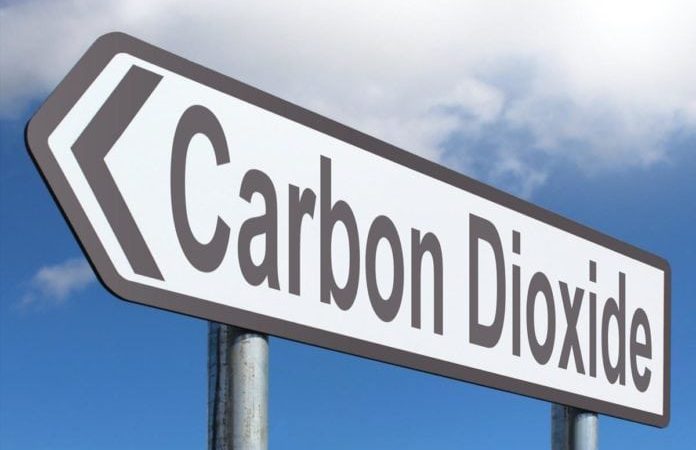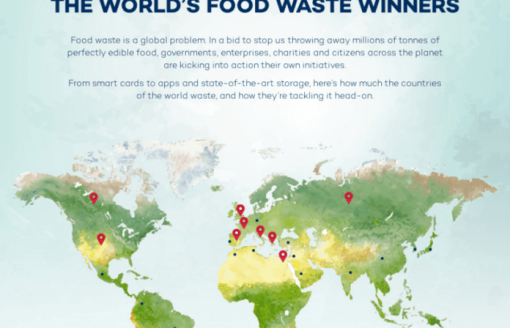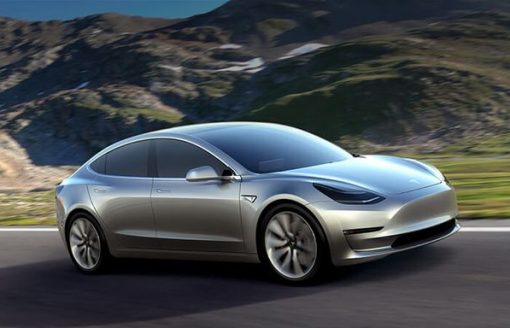
The costs of taking carbon dioxide (CO2) out of the atmosphere for commercial purposes are cheaper than seven years ago.
An updated analysis suggests the cost of extracting a tonne of CO2 from the atmosphere now ranges between US$94 and $232. 2011 analysis put the cost at $600 per tonne.
The study was written by researchers at Carbon Engineering in Calgary, Canada, which has been operating a pilot CO2-extraction plant in British Columbia since 2015.
That plant – based on a concept called direct air capture – was the basis for the economic analysis, which includes cost estimates from commercial vendors of all of the major components
“We’re really trying to commercialize direct air capture in a serious way, and to do that, you have to have everybody in the supply chain on board,” says David Keith, acting chief scientist at Carbon Engineering and a climate physicist at Harvard University in Cambridge, Massachusetts.
Carbon Engineering says the paper was published to prompt discussions about the cost and potential of the technology.
Founded in 2009, Carbon Engineering is one of a few companies pursuing direct air capture technologies.
“It’s great to see human ingenuity marshalling around a problem that at first pass seemed to be intractable,” says Stephen Pacala, co-director of the carbon-mitigation initiative at Princeton University in New Jersey.
Carbon Engineering’s design blows air through towers that contain a solution of potassium hydroxide, which reacts with CO2 to form potassium carbonate.
The result, after further processing, is a calcium carbonate pellet that can be heated to release the CO2.
That CO2 could then be pressurized, put into a pipeline and disposed of underground, but the company is planning instead to use the gas to make synthetic, low-carbon fuels.
When Carbon Engineering configured the air-capture plant for this purpose, they were able to bring costs down to as low as $94 per tonne of CO2.
Klaus Lackner, a pioneer in the field who heads Arizona State University’s Center for Negative Emissions in Tempe, observed: “They are coming within striking distance of making this interesting economically.”
Carbon Engineering hopes to build a small facility that can produce 200 barrels of fuel per day by 2021, and then a commercial plant that can produce 2,000 barrels per day.









World Food Waste: An Infographic Guide to Global Food Waste